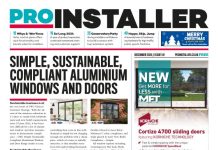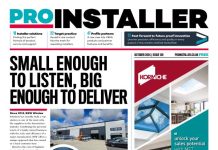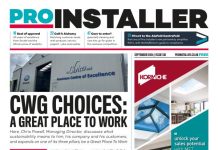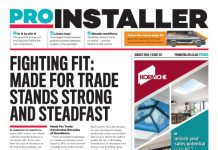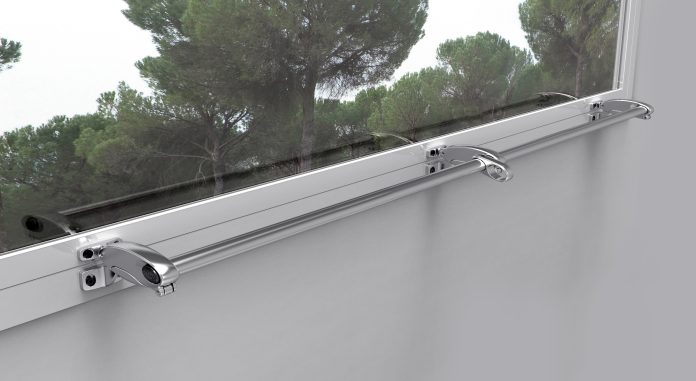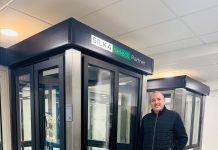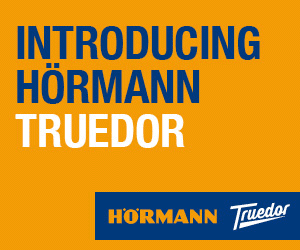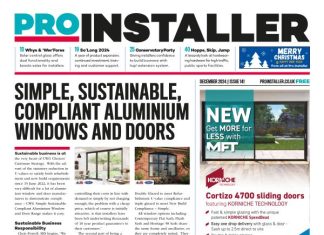Want to breathe new life into a stuffy indoor space with cost-effective natural ventilation? The answer could be to keep things simple, according to Strand Hardware, which recommends two key steps to assess requirements and identify the right solution.
Step one requires a bigger picture view: its essential to consider the building’s conditions and orientation – its size, location, positioning and wider environment. This will indicate wind velocity and direction which is needed to optimise air flow and exhaust emissions from inside the premises.
Knowing how the building is to be used, its construction and internal layout (including partitions, doors and chimneys) is also vital, along with window sizing, location, fabric and an understanding of how they function.
Budget is a primary consideration but the beauty of natural ventilation is that it can be achieved without breaking the bank. Manual systems offer the ultimate cost-effective option. Unlike integrated powered systems, they require little by way of capital investment. They are also easier to use and maintain.
Step two of the assessment requires specifics: sufficient detail to identify the products and quantities needed:
- the number of windows requiring openers
- window material: aluminium, timber or PVC-U construction
- window configuration: top/hung, side/hung, bottom hung opening in or out
- window opening width and height.
- Window location from finished floor level
Craig Fox, Sales Director for Strand Hardware, said that manual solutions offer a cost effective way of operating windows to provide natural ventilation for new build or existing buildings.
“Strand’s Duoflex range is frequently installed in workplaces, offices, hospitals and educational establishments which benefit from natural ventilation.
“Providing a system that is safe and easy-to-use is essential. Health and safety requirements should be considered so that if windows are at a height, people will not be tempted to over-reach or stand on a chair in order to access them,” he said.
Other products may be used to optimise the solution. Building orientation and its levels of sun, shade and wind direction will determine if they are needed. For example, buildings with double aspects, a large run of windows or large glazed panels, may benefit from reflective film or blinds to prevent the ‘greenhouse effect’.
While those within a densely built environments, such as town centres with tall buildings, or premises with fewer opening windows, may require electrically driven operators, fans/filters to improve air flow and quality.
In just two simple steps, you can say goodbye to stuffy air and hello to comfort and well-being. Get ready to take a deep breath and transform your space into the ultimate sanctuary of freshness and vitality.
For more information visit: www.strandhardware.co.uk/products/window-and-door-hardware/strand-duoflex email: info@strandhardware.co.uk or phone: 01922 639111


